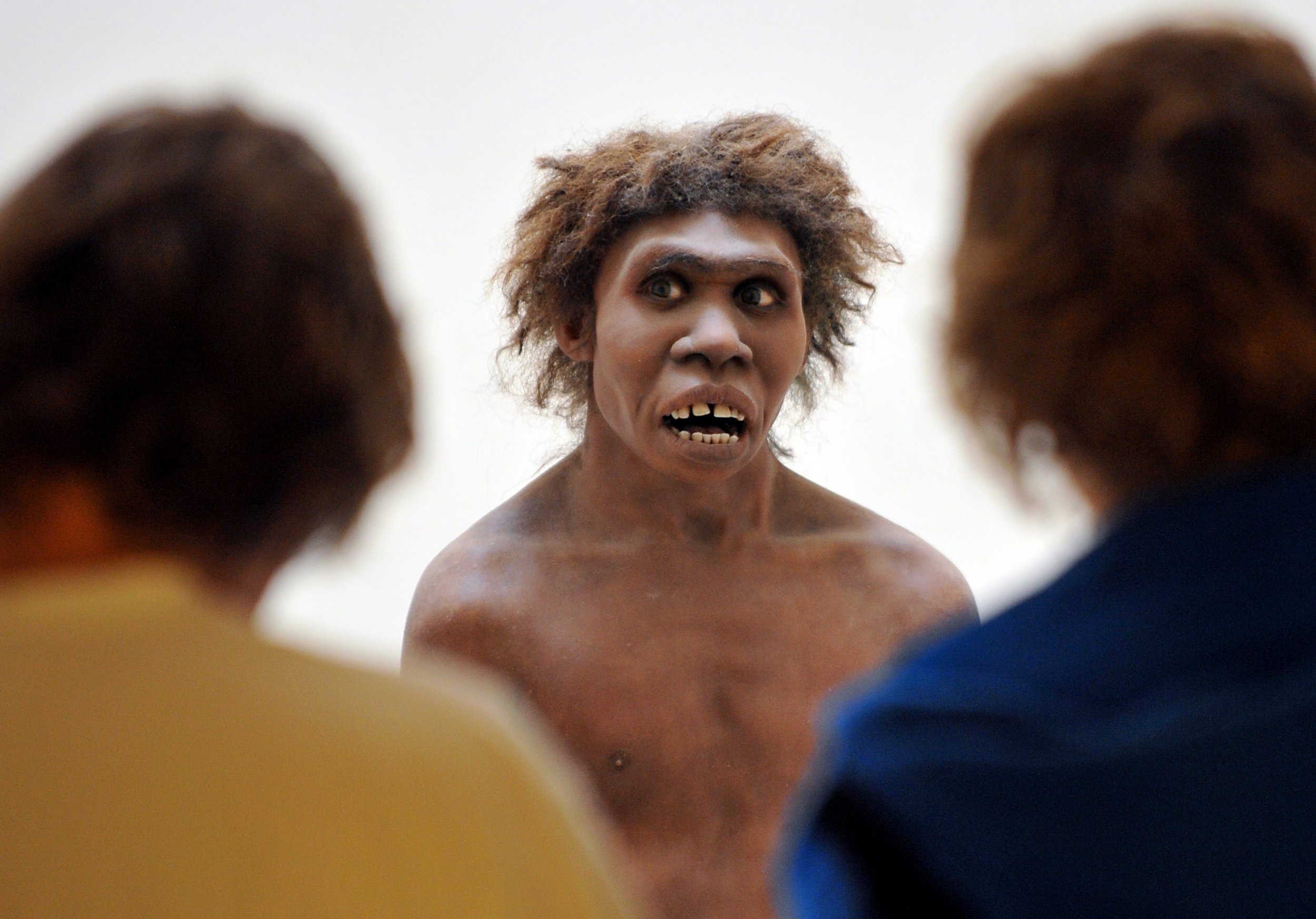
We like to joke about people behaving like cavemen. But it turns out that old chestnut has some truth to it. A new study reports that residual Neanderthal DNA in the human genome may make some modern humans insufferable.
The researchers, from the State University of New York at New Paltz and other institutions, relied on something called the Neanderthal quotient, the percentage of DNA that overlaps with Neanderthal DNA. The team compared the Neanderthal quotients of 200 volunteers with their results on several psychological surveys. The results, published in Human Ethology Bulletin, showed that participants with a higher percentage of Neanderthal DNA were more likely to experience social fear, promiscuity, depressive tendencies, bipolar tendencies, and autistic tendencies. They were also less imaginative.
"What it seems like to me is that there are certain dispositions that someone with high Neanderthal DNA may have," lead author Glenn Geher told Newsweek. "If you're very Neanderthal in your genome, that plays out in your behaviors."
Related: How our ancestors could have killed off the Neanderthals
According to National Geographic, the mix of modern human and extinct Neanderthal DNA occurred when our ancestors first left Africa around 60,000 years ago and encountered Neanderthals living in Europe and Asia. They two species bred together, and as a result, many of us still carry a small amount of Neanderthal genes.
However, Geher warned that the link between Neanderthal DNA and certain personality and mental health traits does not mean that the genes cause these features. In other words, not everyone with a high Neanderthal quotient is destined for meanness. "The research is what we would call correlational research," said Geher. "The relationship is there, but because it's correlational data, we have to be cautious."
Related: Neanderthal glue: How our prehistoric relatives learned to make tar for tools and weapons
And there are several factors that need to be taken into consideration. For example, certain populations are more likely to have higher proportions of Neanderthal DNA than others, but there are also mental health biases within certain regions. Geher hopes that further research will better explore this question.
Geher also hopes the research will not scare people into finding out their Neanderthal quotient but rather give a glimpse into the life of our ancient ancestors and how their choices still continue to influence us today.
"We are at a point that we have such amazing technological advancements that we can really start asking totally novel questions using totally novel kinds of technology [about other extinct homo species]," says Geher. "I think this should lead to great advances in all areas of science."
Uncommon Knowledge
Newsweek is committed to challenging conventional wisdom and finding connections in the search for common ground.
Newsweek is committed to challenging conventional wisdom and finding connections in the search for common ground.
About the writer
To read how Newsweek uses AI as a newsroom tool, Click here.








